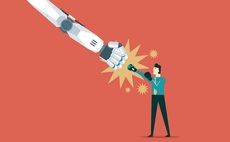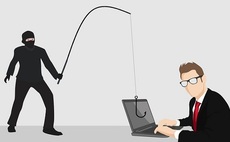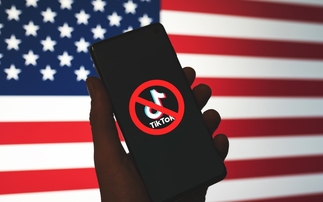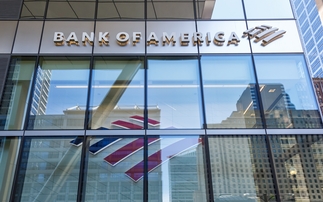But hackers attack US goverment sites and copyright holders in retaliation
The file-sharing website Megaupload.com has been taken down by US officials after the site's founders were charged with violating copyright laws. US prosecutors have said the copyright holders h...
To continue reading this article...
Join Computing
- Unlimited access to real-time news, analysis and opinion from the technology industry
- Receive important and breaking news in our daily newsletter
- Be the first to hear about our events and awards programmes
- Join live member only interviews with IT leaders at the ‘IT Lounge’; your chance to ask your burning tech questions and have them answered
- Access to the Computing Delta hub providing market intelligence and research
- Receive our members-only newsletter with exclusive opinion pieces from senior IT Leaders






















